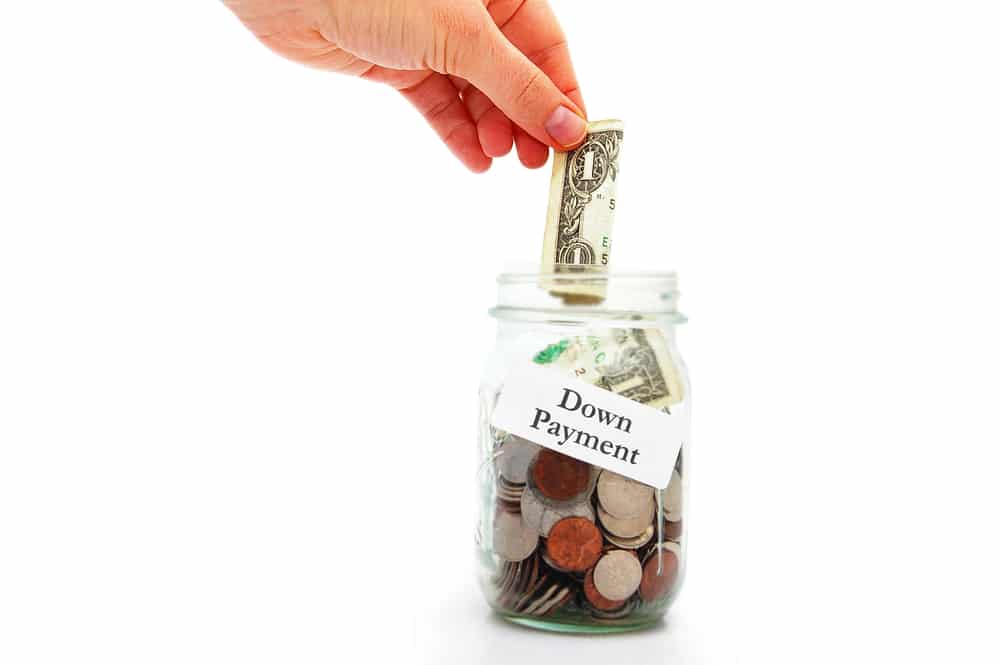As a mortgage note buyer, American Equity Funding (AEF) receives many calls from consumers asking about the purchase price of their owner financed mortgage notes. Unfortunately, quoting a price is not quite that simple. The financial rules and regulations surrounding a mortgage procurement are incredibly complex, and we are not able to correctly address these requests without first receiving accurate and specific information from the inquiring party.
Selling your private mortgage is similar to selling a vehicle and there are many factors that determine the value! For example, the process involves much more than saying “I have a Ford for sale, how much will you pay for it?” Potential buyers need to know imperative details like the make, model, year, mileage, condition, etc. before a fair and valuable decision can be made for both the seller and the buyer.

Following is the information we seek concerning the purchase of your note:
Down Payment
Knowing the amount of down payment on the property at the time of purchase helps gauge the equity and present worth of your mortgage. Equity is a significant factor in determining the value of a note.
Payment History
The longer the payment history, the better the purchase price (sometimes called seasoning). A consistent and verifiable pay record such as bank statements, deposit slips, or canceled checks advances the process, especially if the payer has weak credit.

Current Interest Rate
If the current interest rate is low, then the buying price when selling your note is also typically low. American Equity Funding frequently sees notes that are written at 0% interest for various reasons.
Loan-to-Value Ratio
Loan-to-value (LTV) means the worth of the property securing the mortgage in relation to the balance of the mortgage. For instance, if a property is worth $100,000.00 and the mortgage note balance is $80,000, then the loan-to-value ratio is 80%. Similarly, a value of $100,000 with a balance of $95 ,000 equals a ratio of 95%. In these two situations, the note with an 80% LTV will more than likely be bought at a higher price due to the risk/reward.

Credit Score
An excellent credit score helps increase the value of your note and proves reliability.
Note Term
Normally, the shorter the term, the better! Balloons are accepted but not preferred.
Type of Property
A single-family, owner-occupied home usually receives the leading price. However, American Equity Funding welcomes and purchases all types of own financed mortgages including land, commercial, industrial, manufactured homes and land, and business notes.
Geography
Location is an important factor. Properties located in an area of appreciation may procure more value than those in declining areas with falling values. Certain industries such as oil and gas can also impact the note market.
Employment
Employment of the payer influences the price and possible purchase when selling your mortgage. Unemployment makes it extremely difficult or even impossible for note buying companies to obtain a note.
Documentation
Legal and proper documentation affects the price of a mortgage note. There are many complicated laws and regulations and we always suggest having a professional, such as an attorney who practices in your state, to prepare and file your documents.

American Equity Funding always recommends doing business with a company you like and trust! Building a strong relationship and disclosing accurate and specific information will secure the highest possible value when selling your owner financed mortgage note. On the other hand, limited or incorrect information will cause companies that buy notes to act conservatively in order to cover the risks of the unknown.
We encourage everyone to thoroughly vet us through the Better Business Bureau where we have an A+ rating and a pristine reputation for honesty and integrity. Excellent references can also be provided from trusted sources and our many satisfied clients before selling your note.

